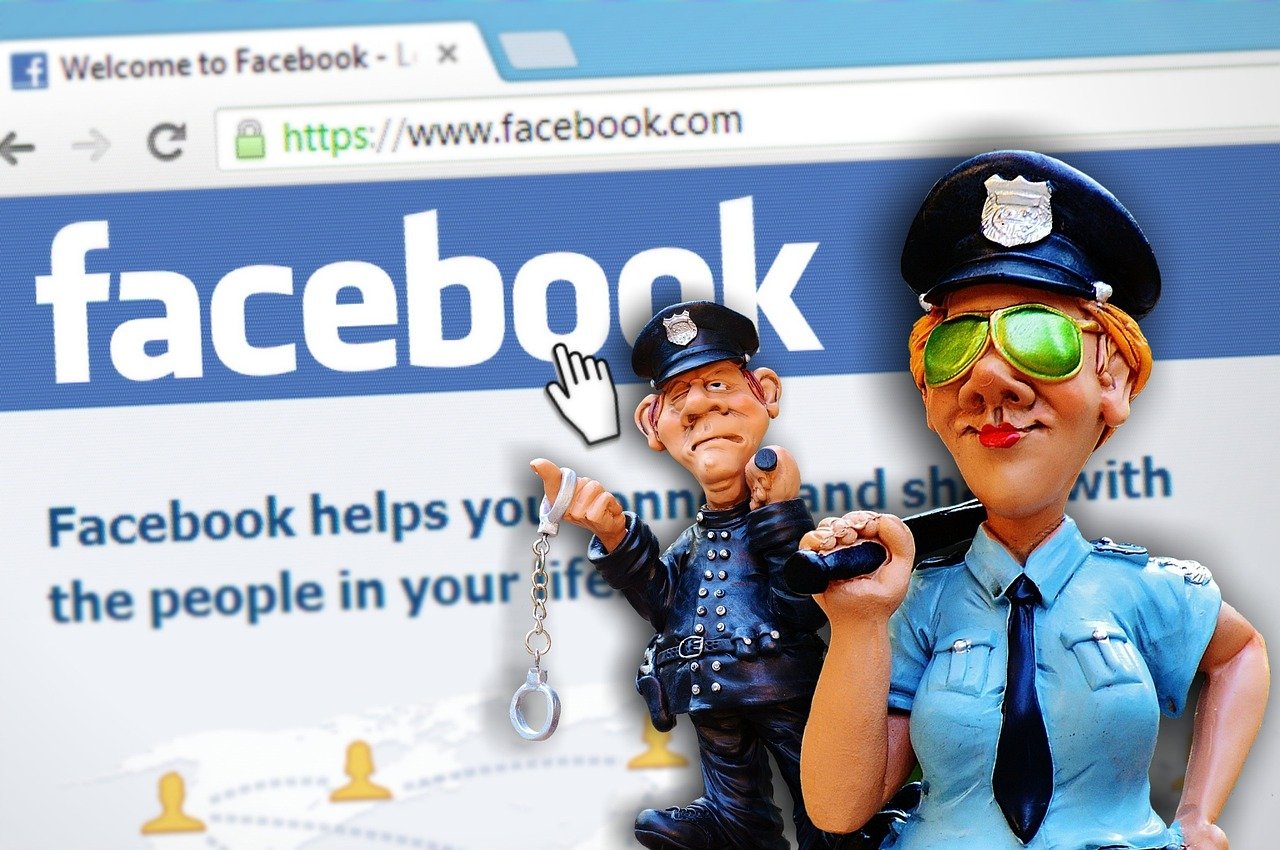The rise of digital marketing agencies has transformed how companies promote their products and connect with customers. However, with rapid growth comes scrutiny—and legal challenges. The Drive Social Media lawsuit has recently gained attention in the business and legal communities, highlighting concerns about contract disputes, digital advertising transparency, and client-agency relationships. This article explores the details of the Drive Social Media lawsuit, what it means for businesses, and key takeaways for anyone working with marketing firms.
Understanding the Drive Social Media Lawsuit
The Drive Social Media lawsuit involves allegations brought against the marketing agency by former clients who claim deceptive practices, breach of contract, and failure to deliver promised results. As one of the fastest-growing digital marketing companies in the U.S., Drive Social Media built its reputation on helping businesses expand through targeted social media advertising. However, several businesses have alleged that the agency misrepresented results, locked them into non-transparent agreements, and failed to provide the expected return on investment.
While Drive Social Media has denied wrongdoing, the legal case brings to light important issues in the digital marketing industry, including expectations of performance, contractual obligations, and the fine line between sales promises and legal accountability.
Also, explore Comprehensive Health and Wellness Resources by Justalittlebite Jalbitehealth Guides
Key Issues Highlighted in the Case
At the heart of the Drive Social Media lawsuit are several core allegations that reflect broader industry concerns:
- Misleading performance metrics and unclear reporting
- Contractual disputes over service terms and cancellation policies
- Use of proprietary platforms that limit client oversight
- Alleged lack of transparency in campaign spending
- Issues related to client communication and accountability
These are not isolated problems; many companies working with digital agencies face similar challenges. The case has prompted business owners to re-evaluate their contracts and agency relationships.
Legal and Business Implications
The Drive Social Media lawsuit serves as a cautionary tale for both marketing firms and their clients. From a legal standpoint, it underscores the importance of:
- Clear, written agreements detailing service scope and performance metrics
- Transparency in billing and ad spending allocations
- Regular and documented communication between parties
- Accessible reporting tools that offer real-time insights
- Protection against auto-renewal clauses and ambiguous termination terms
For agencies, this case signals a growing demand for ethical marketing practices and verifiable results. For clients, it reinforces the need to conduct due diligence and demand measurable ROI from their investments.
Industry Reaction and Reputation Management
As the Drive Social Media lawsuit continues to unfold, industry experts have pointed to the increasing need for agency accountability, particularly as small businesses invest more of their budgets into online marketing. Reputation management has also become a central concern, not just for Drive Social Media, but for any agency with an online footprint.
Clients are now more vigilant, researching online reviews, reading the fine print, and seeking performance-based contracts. The rise of marketing compliance audits and third-party campaign evaluations is a direct result of such high-profile legal disputes.
Frequently Asked Questions
- What is the Drive Social Media lawsuit about?
The lawsuit centers on allegations by former clients who claim the agency engaged in deceptive business practices, breached contracts, and failed to deliver promised marketing results. - Has Drive Social Media responded to the allegations?
Yes. The company has denied all accusations and has stated that they acted within the scope of their agreements and in accordance with industry standards. - How can businesses protect themselves from similar issues?
Companies should insist on detailed service agreements, track campaign performance independently, and ensure transparency in spending and results reporting. - Is this lawsuit likely to impact the digital marketing industry as a whole?
Yes. It has raised awareness about ethical advertising, contractual clarity, and agency accountability, prompting many firms to revise their policies. - What should I look for in a marketing agency to avoid legal conflicts?
Focus on agencies that offer clear reporting, flexible contracts, strong client reviews, and open communication channels.
Conclusion
The Drive Social Media lawsuit is more than just a legal conflict; it’s a reminder of the complex and sometimes fragile nature of client-agency relationships in the digital age. While the case is still being resolved, its lessons are already clear: transparency, accountability, and performance must be at the core of every marketing partnership.
Businesses should use this moment to reassess their vendor relationships, ensure contractual protections are in place, and demand ethical practices that align with long-term goals. As digital marketing becomes more integral to business success, learning from cases like the Drive Social Media lawsuit will help companies avoid pitfalls and thrive in a competitive landscape.
